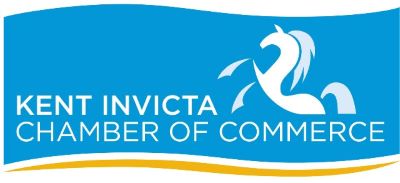Research by Barclaycard has found that, despite significant challenges in the short term, there are early signs that small firms in the UK are starting to recover.
Barclaycard Payments' second SME Barometer has found that the number of SME clients actively taking payments has increased by 24% since the low point in early April, shortly after the start of the COVID-19 lockdown. And almost two-thirds of SMEs say they are planning to invest in their business over the next 12 months.
Even so, UK SME revenue is predicted to fall by 28% in Q2 2020, with almost three-quarters of small firms expecting coronavirus to have a significant impact for the next three months. However, only 19% expect a significant impact on their business after 12 months.
The report found that business sentiment has dropped by 31 points this quarter, down to 79 points out of a possible 200, with any score below 100 indicating a negative sentiment. More than four in five SMEs (82%) say coronavirus has already had a negative impact on their business and 73% say coronavirus will continue to have a significant negative impact for the next three months.
However, many businesses remain positive about the future, with 64% of SMEs saying that they are planning to invest in their business over the next 12 months. Top areas of focus will be marketing (26%) and new equipment and technology (20%).
The findings also show that micro, small and medium-sized businesses are feeling the impacts of coronavirus differently. Micro businesses have been the hardest hit, expecting revenue to drop by 30% in Q2 compared to last quarter and reporting a sentiment score of 75, down 34 points from last quarter. Meanwhile, small businesses stand at a sentiment score of 88 and medium-sized businesses at 87.
Medium-sized businesses are most likely to say they've had to reduce staff hours or lay off staff (64%), compared to a national average of 47%. Small businesses are more likely to report disruptions to supply chains, at 47% over a national average of 37%.
Konrad Kelling, head of small business acquiring at Barclaycard Payments, said: "It's encouraging to see small and medium-sized businesses starting to come online again as we emerge from lockdown. While we don't expect an overnight recovery, the resilience and perseverance of small businesses gives us optimism as we look towards the next 12 to 24 months."
Written by Rachel Miller.
